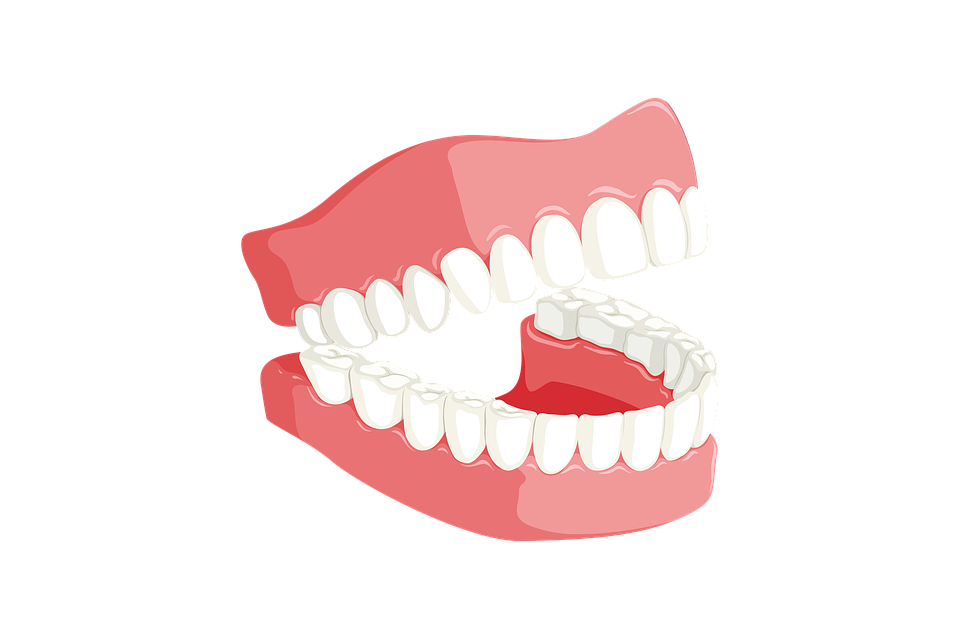Dental Care For The Elderly
Seniors are susceptible to a dry mouth condition because of the numerous medications they take
Orai care is fundamental for having a healthy body. But as one ages, it becomes more essential to take care of the teeth and mouth, because the state of one’s oral health can have a great impact on overall well-being. A lifetime of wear and tear can bring about a host of dental problems as one grows older. Dry mouth, gum disease, discoloured teeth, and dental decay are some of the common dental problems faced by the elderly.
Common Senior Dental Problems
Dry Mouth
This is a common phenomenon often occurring with old age. When a person’s saliva flow is decreased they may experience a dry mouth which can lead to widespread tooth decay, if unchecked. Seniors are vulnerable to dry mouth because of the numerous medications they take. Medicines for diabetes, allergies, blood pressure and anxiety. Saliva helps to remove harmful bacteria in the mouth, so patients with this condition are at a greater risk of experiencing tooth decay and also other dental problems. Those affected by dry mouth can experience sore throat, dry nasal passages, difficulty swallowing and loss of appetite.
Gum Disease
Gum disease is a common issue among seniors who don’t visit a dentist regularly, or follow a good oral care regime. Poor brushing and flossing habits are mainly held responsible for gum disease as it allows the build-up of plaque on the teeth. Plaque is nothing but a sticky film of bacteria that irritates the gums and make them swollen. If left untreated, gum disease can lead to inflammation, gingivitis, periodontitis and even tooth loss.
Discoloured Teeth
Discoloured teeth is quite common during old age, because as a person gets older, the enamel or outer layer of the teeth wears away and exposes the darker surface beneath it. Tooth staining can also be a result of certain medications or coloured beverages like coffee, tea or soda. In addition, the use of tobacco products can cause staining and darkened teeth.
Decayed Or Worn Out Teeth
During old age, decayed or worn teeth can often break leaving sharp ends and chipped or sharp teeth can cause severe discomfort and distress. Teeth with sharp edges can be extremely inconvenient when a person chews hot or cold food, or consumes a cool drink. Broken teeth leaves sharp ends that the tongue comes in contact with and this can result in tongue ulceration. The mentioned dental problems can lead to tooth loss that can cause further problems. However, dentures are a solution for tooth loss but proper care, similar to the care taken of one’s natural teeth, is necessary for dentures. Dentures also have to be checked regularly, because poor fitting dentures may drop when a person speaks and It can also cause chewing problems.
Daily Dental Care For The Elderly
Daily preventive care with regular brushing and flossing helps avoid problems before they develop. Routine care also helps avoiding the treating of painful conditions that have been allowed to progress. Thus, preventive dental care is of utmost importance in maintaining a healthy mouth.
Brushing And Flossing
The habit of brushing and flossing daily has to be made a priority. Also, since some senior citizens are prone to tooth decay and gum disease, it’s important to practice a good oral care regime. If an elderly person is facing a dry mouth problem, keeping the mouth moist with fruits and vegetables and plenty of fluids should also be a part of one’s daily dental care routine.
Cleaning Dentures
Dentures need cleaning everyday. just like natural teeth and the best way to look aller dentures is to clean, brush and rinse them daily, twice a day with a soft-bristled toothbrush to prevent plaque build-up. Also, if a denture clean-up routine is followed, stains on the dentures will be removed and food too will not get trapped in the dentures.
Regular Dental Visits
Seniors should visit a dentist at least twice a year, as a regular dental evaluation is important to keep a check on the status of oral health. At the dentist, a complete dental check-up, cleaning, and oral exams should be conducted. If it is difficult for a senior to visit a dental clinic, opt for a home visit.
A regular dental regime should start at a young age and must continue well into one’s old age. From infancy to old age, oral care should be a priority across age groups.
Health Tip
What is eaten has the potential to affect oral hygiene. Hence, a diet that consists of fruits, vegetables and a lot of water helps keeps gums and teeth healthy.
